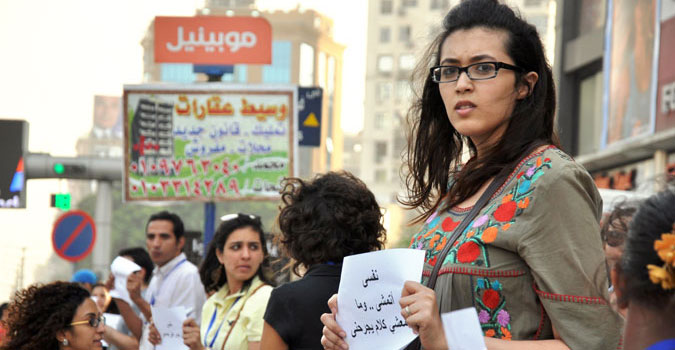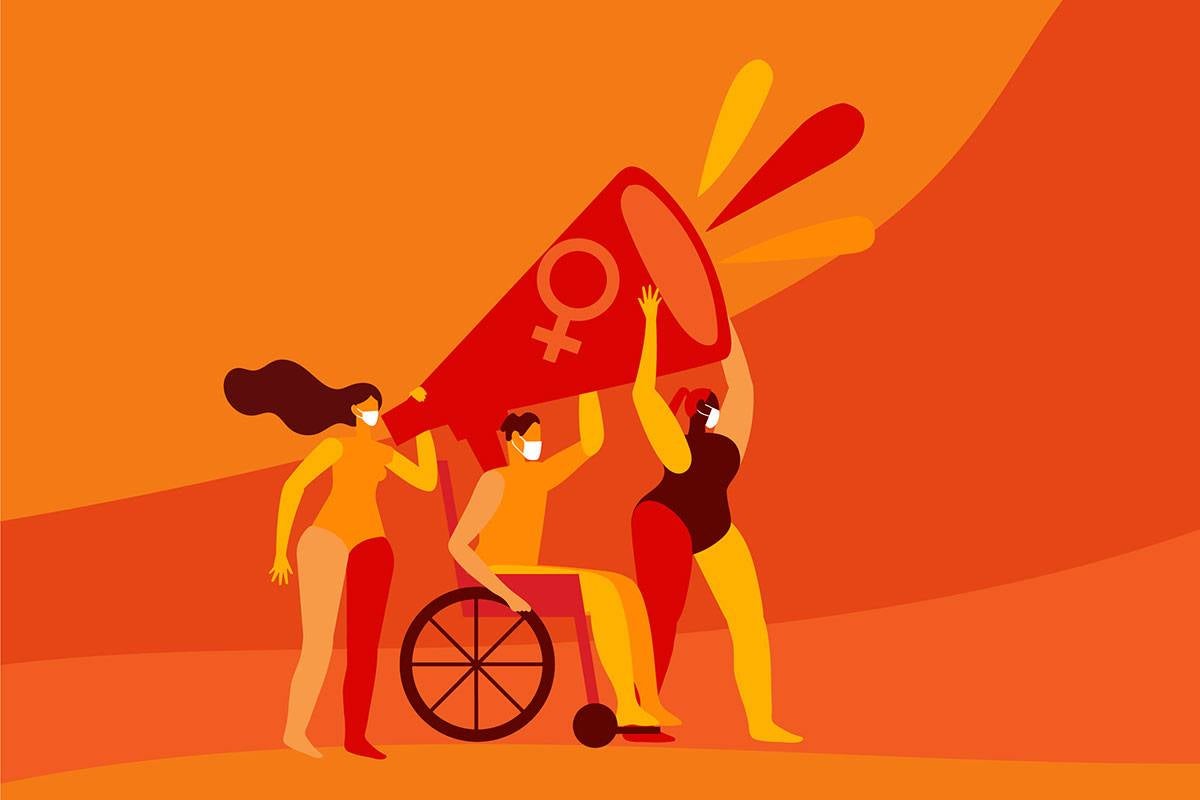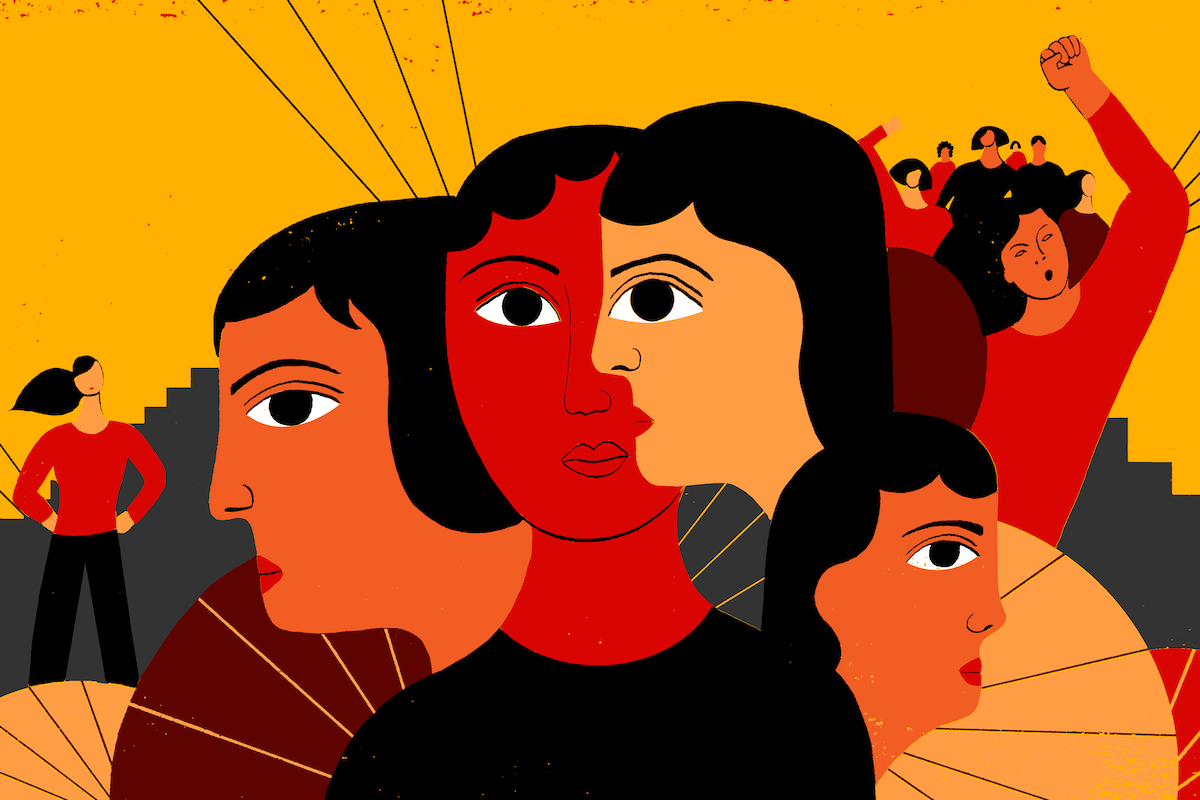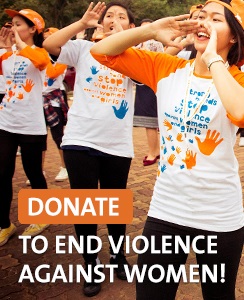Ending violence against women

One in three women worldwide experience physical or sexual violence, mostly by an intimate partner. Violence against women and girls is a human rights violation, and the immediate and long-term physical, sexual, and mental consequences for women and girls can be devastating, including death.
Violence negatively affects women’s general well-being and prevents women from fully participating in society. It impacts their families, their community, and the country at large. It has tremendous costs, from greater strains on health care to legal expenses and losses in productivity.
Of the 165 countries with domestic violence laws, only 104 countries have comprehensive legislation addressing domestic violence. However, the countries with domestic violence legislation have lower rates of intimate partner violence than those without such legislation (9.5 per cent compared to 16.1 per cent).
Our solutions
A woman’s right to live free from violence is upheld by international agreements such as the Convention on the Elimination of All Forms of Discrimination against Women and the 1993 UN Declaration on the Elimination of Violence against Women.
Only 40 per cent of women seek help of any sort after experiencing violence, and so we advocate for, and support, women and girls’ access to quality, multi-sectoral services essential for their safety, protection and recovery, especially for those who already suffer multiple forms of discrimination.
We partner with governments, UN agencies, civil society organizations and other institutions to find ways to prevent violence against women and girls, focusing on early education, respectful relationships, and working with men and boys. Prevention is still the most cost-effective, long-term way to stop violence.
As part of UN Women’s comprehensive approach, we also work with partners to enhance data collection and analysis to provide a better understanding of the nature, magnitude, and consequences of violence against women and girls. Data collection and analysis also helps UN Women and our partners understand what works and doesn’t work to address this violence.
For more than 10 years, UN Women’s global initiative, Safe Cities and Safe Public Spaces, has worked to prevent and respond to sexual harassment against women and girls in public spaces, and since 2017 we have also been a key member of the EUR 500 million Spotlight Initiative that deploys targeted, large-scale investments in ending violence in Africa, Asia, the Caribbean, Latin America, and the Pacific.
Download this brief to learn more about our work.



